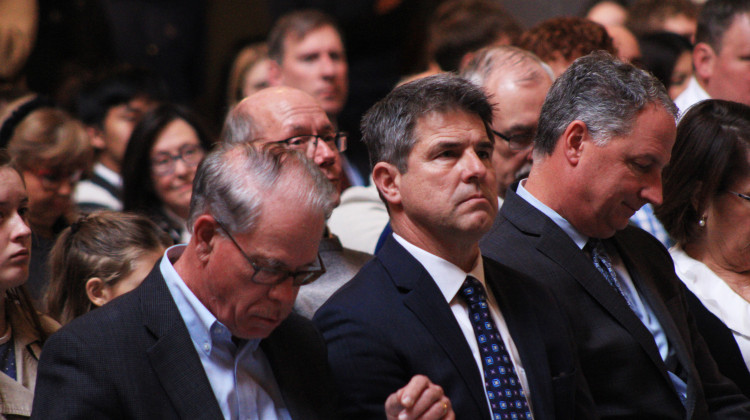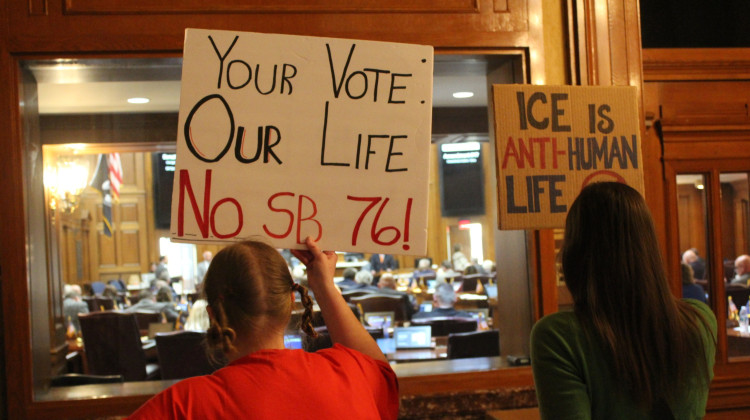Indiana adoption advocates say there’s excitement in the community after the state announced it will resume funding the State Adoption Subsidy for parents who adopt special needs children from foster care.
The Department of Child Services stopped providing the subsidies in 2009. It was the peak of the recession and agency budgets were being slashed. As things improved the last couple of years the funding still didn’t resume and the department cited a lack of money appropriated by the legislature. That’s despite the fact the agency returned more than $200 million to the state’s General Fund over the last few years.
The Pence administration announced Tuesday that it would provide the subsidies this fiscal year, about $10 million for 1,800 families.
Sharon Pierce is the CEO of the adoption agency, The Villages. She says research shows the subsidies lead to more adoptions.
“They encourage families who aren’t sure about their stability economically – and I think that’s the reality of the times we’re living in – to take that step, that this is a partnership between the state of Indiana and the adoptive families,” she said.
The funding is only scheduled for this fiscal year, which ends next July. But, Children’s Bureau Vice President of Adoption Brooke Clawson says she’s encouraged by what she’s seeing from Gov. Pence.
“‘We want to be the most adoption-friendly state in the union.’ I’ve heard him say that several times and this is a step in that direction,” Clawson said.
Pence also signed into law this year a $100,000 per adoptive child tax credit that will begin next year.
 DONATE
DONATE





 View More Articles
View More Articles

 Support WFYI. We can't do it without you.
Support WFYI. We can't do it without you.